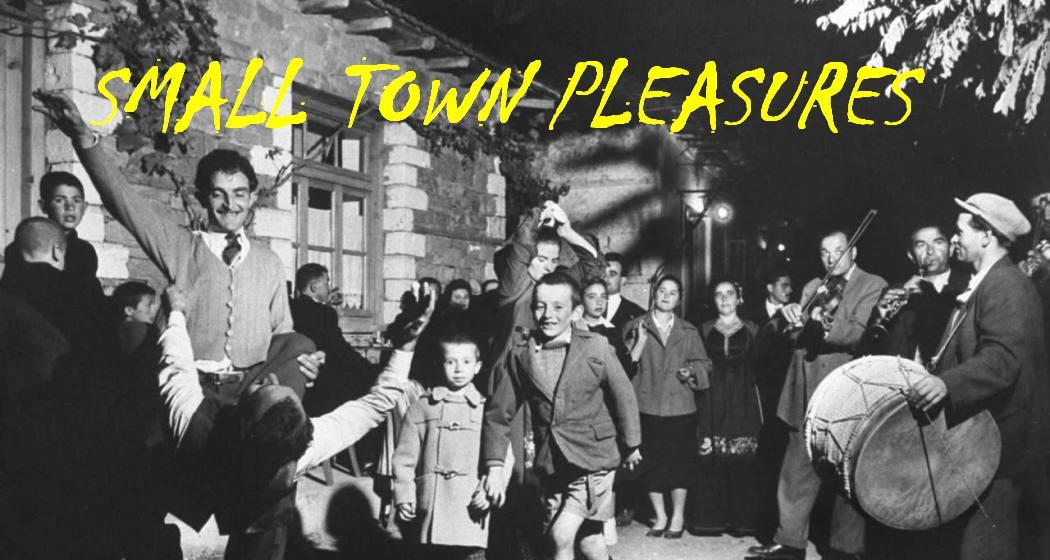


As the lead singer of the Zombies, Blunstone was one of the greatest '60s rock vocalists, pacing the group's minor-key masterpieces with his inimitable choked and breathy vocals. After retiring from the business briefly in the late '60s (to work in the insurance industry, of all things), he went solo in the early '70s with a string of interesting pop/rock albums that were more of an extension of the late Zombies sound than the more well-known work of Argent, the other Zombies spin-off act. The Zombies connection is hardly incidental; chief Zombie songwriters Rod Argent and Chris White gave Blunstone some songs, as did Argent member Russ Ballard, though Blunstone penned much of his material himself. With their moody melodies and Baroque touches of muted keyboards, classical guitars, and inventive string arrangements, his early-'70s albums sometimes sounded like a mellower take on the direction the Zombies pursued with their pop-psychedelic masterwork Odessey and Oracle. Blunstone managed some small British hits with "How Could We Dare Be Wrong," "I Don't Believe in Miracles," and the Top 20 single "Say You Don't Mind," a cover of a tune written and recorded by Denny Laine after he left the Moody Blues and before he joined Wings. Blunstone's first album, One Year (1971), was his best, though the follow-ups Ennismore and Journey also had their moments.[allmusic]
Here







































.jpg)

